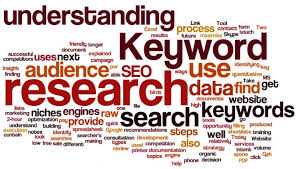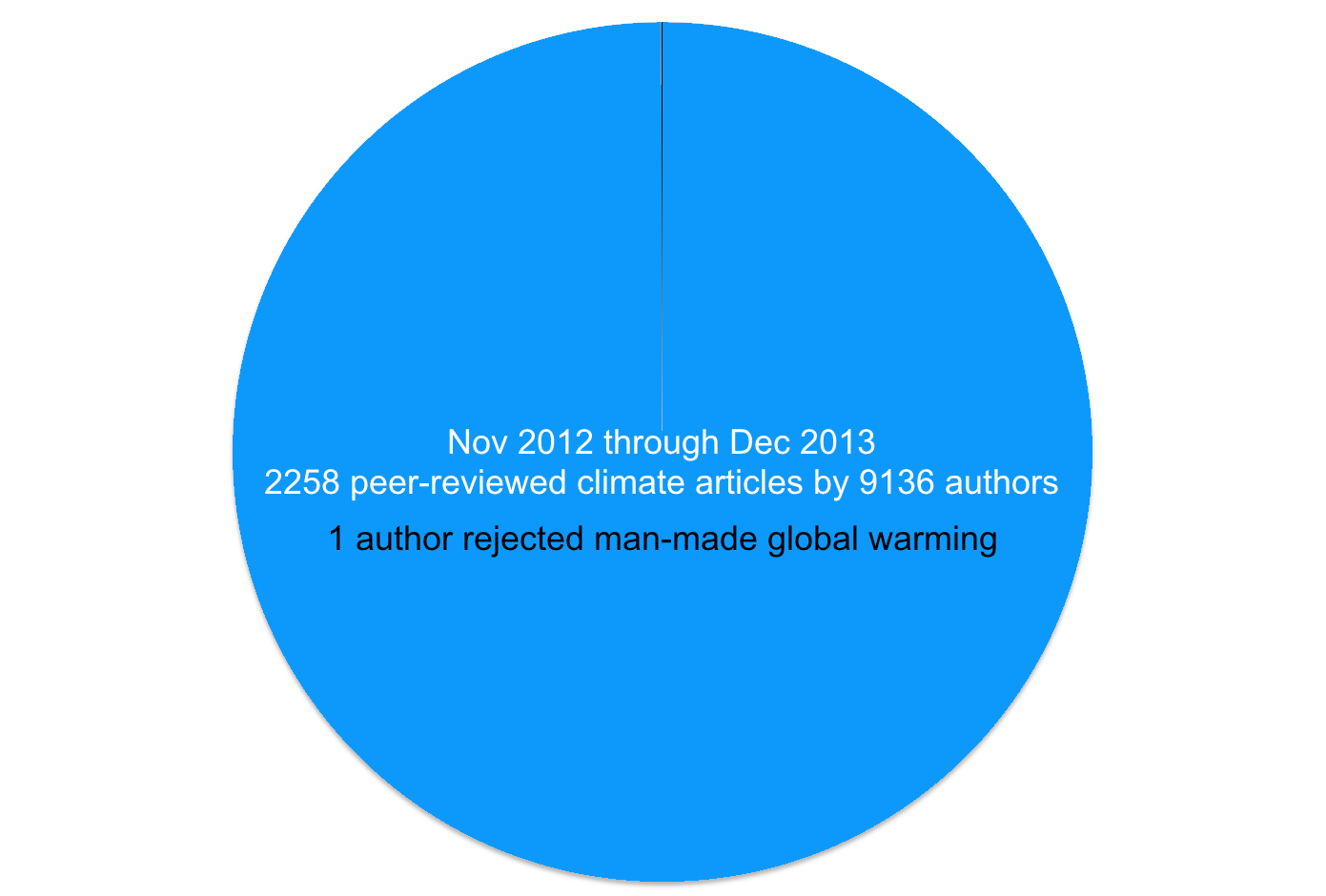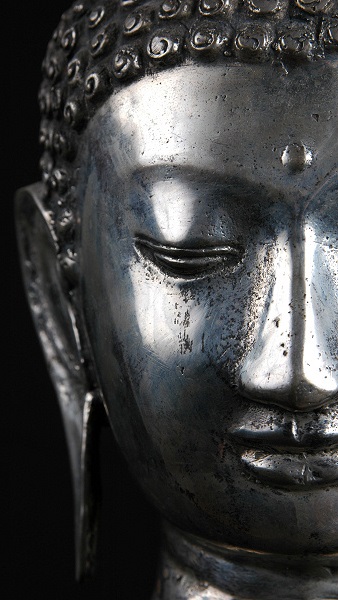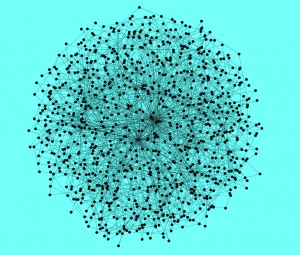
For several years, I taught research to college students. At a research university, no less. I taught ag majors, English majors, business majors, music majors, phys ed majors, design majors, art majors, history and econ and chemistry and engineering and anything-you-can-think-of majors. As well as the undeclared.
I loved it.

Research is at the heart of the democratic process, I honestly believe. Research and a free flow of information, that is. And it’s why many many neo-cons (and religious conservatives) don’t want their children to attend public universities.
George W Bush, for instance, hired well over 100 alumni from evangelical Pat Robertson’s Regent University — a bottom tier law school — for positions with the US Justice Dept. While it’s not unusual to stack the appointment deck w/ friends (Bill Clinton did so, for instance), it IS unusual to select them from a none-too-swift university (Clinton’s were pretty much all top tier schools). But Robertson’s college promises a ‘Christian’ education, based on the ‘infallible’ text of the Bible. Given founder Pat Robertson’s strong beliefs on the subordination of women, the hell-bound nature of gays, creationism, and other controversial evangelical positions, it’s hard to reconcile the appointment of US Justice employees who hold those truths (instead of the Constitution, when they conflict) to be self-evident.

When I taught research at university, my students researched their own chosen topics. Which often meant they researched hot-button topics: abortion, capital punishment, immigration…the usual deep questions. 🙂 Once, a student asked if he could ‘research’ God, as in: is there one? I tried HARD to dissuade him, but it was his passion, and even though he initially took an Incomplete in the class, he did finally finish, w/ a sound research paper. His topic had migrated from ‘Is there a God?’ to something like ‘Credibility in the Christian Church.’
What I saw, over the many years I taught, was that students had no idea what constituted an authoritative source. When they would want to use a religious text (the Bible usually, in Oklahoma), I would remind them that other religions could then use their texts: the Muslim Qu’ran, the Hindu Bhagavadgita, the Bahá’í Kitáb-i-Aqdas (that one drove them NUTS). Because religious texts are, at least in the university, considered literary texts — like Edith Head’s mythology anthologies.

This kind of thinking persists in politics today, and is perhaps the single most problematic of anti-research mindsets: if it’s my religion, it’s RIGHT. And I should be allowed to use it as substantive, evidentiary proof for my beliefs. Except that faith is, by definition, a BELIEF, not a fact. Hence the problem a friend’s family member had w/ the scientific support for global warming.
This man, whom we shall call D, said that there were thousands of reputable scientists who don’t believe in global warming. His family member (a friend of mine) and I begged to differ. No, we responded, that’s not true. And we showed him sources like this recent one from Popular Science.
He responded w/ a source that noted 10,000 degreed professionals don’t believe that climate change has any relation to human sources. He said, These folks have degrees; don’t they count? And no, they don’t. Sorry. They were business majors, vets, history majors. He then asked Don’t you know about history? You have a doctorate! I do know about history, but NOT as much a history Ph.D. And I certainly don’t know as much about any science — despite being a total science nerd, and reading it for FUN — as a Ph.D. science professional.

This is what research teaches us. And yes, it DOES have to do w/ beginner’s heart. Because faith and science aren’t the same thing. Which is one reason I’m a Buddhist, not a Christian. Christianity asks that I accept certain world-shaping assumptions as fact — that I believe them. Buddhism, on the other hand, from its very beginnings, asks that I test the tenets of Buddhism in my own life. (The Buddha said that himself, just FYI.)
Buddhism has no quarrel with science. The Dalai Lama himself is a science nerd, of sorts, talking about new research in physics and research on the mind when he gives Dharma talks. I love that — it’s a total 180 from many conservative Christian religious leaders.
All of this is why many people in the news trash talk education as having a liberal agenda. Taught to think truly critically, you will question assumptions. And you’ll note that faith is NOT the same as science. But that doesn’t mean you won’t still have faith, in many things, including religion. I believe in love — I can’t ‘prove it,’ however. And I don’t have to ‘believe’ in gravity: it’s a fact. I also don’t oversimplify the complexities of evolution to support the beautiful parable that is the Old Testament — I know we didn’t ‘descend from monkeys’; that’s not what evolution says.
I miss teaching. But most of all, I miss watching minds expand under the influence of logic, knowledge, and critical inquiry. It’s a beautiful sight!

